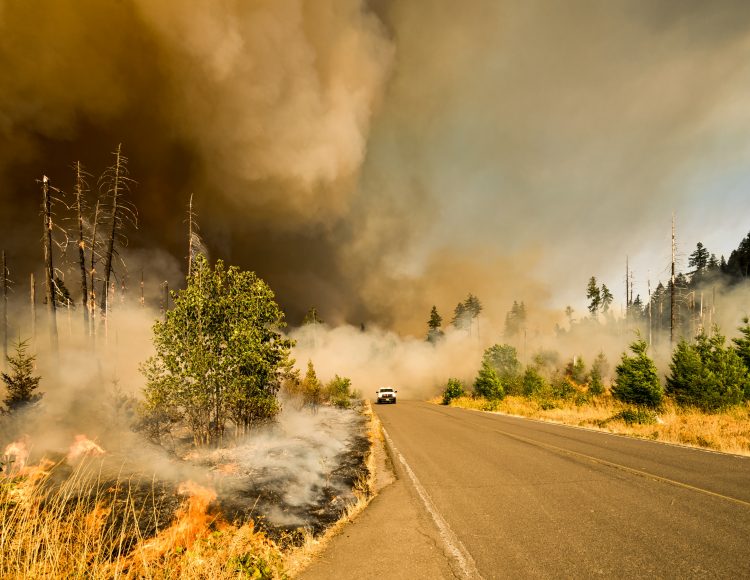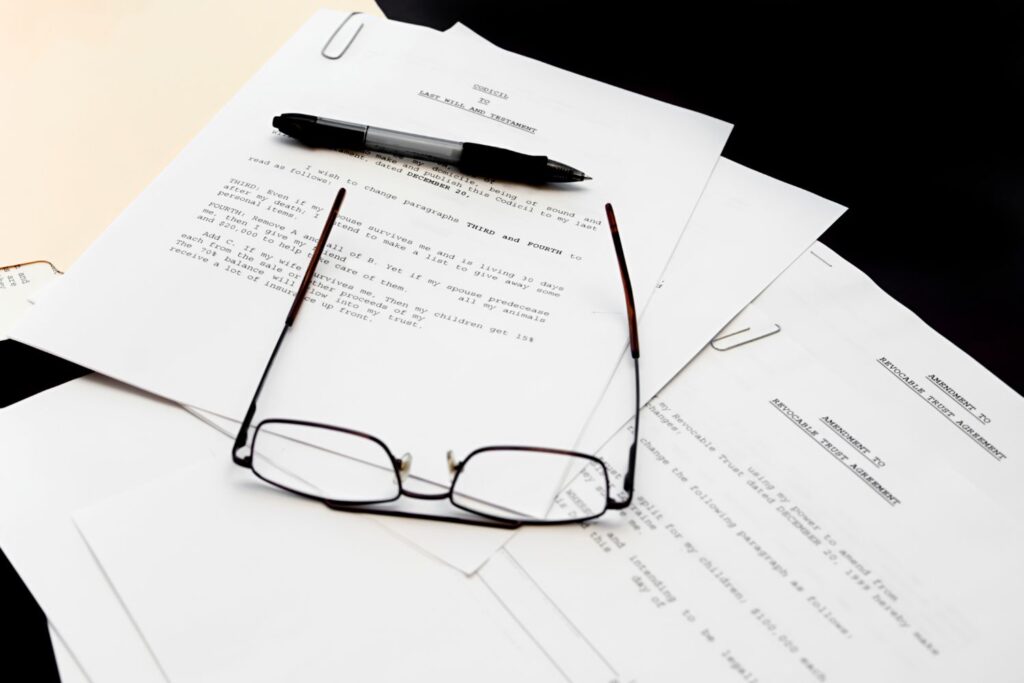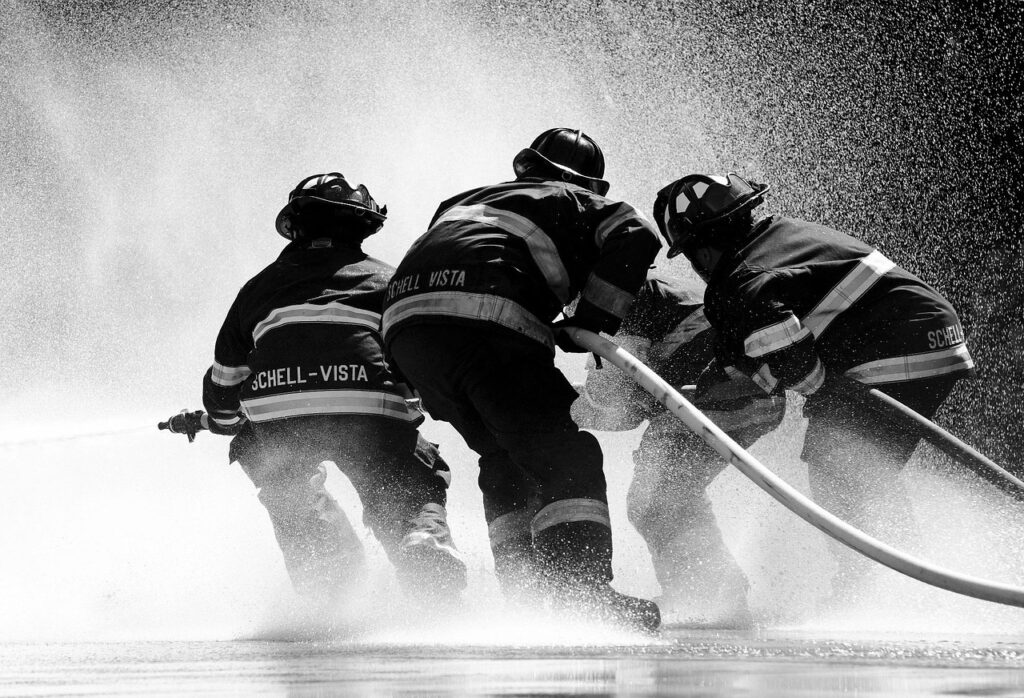
The lethal Maui wildfires that erupted on August 8th can be referred to as a deadly natural disaster. The flames spread rapidly due to dry conditions resulting from a drought and strong winds. A significant portion of the historic town of Lahaina has been destroyed. The fire demolished several commercial and residential buildings, too.
ABC News reported on Joe Biden speaking with reporters right after the first lady and he witnessed the damage caused by the wildfires with Gov. Josh Green and a few other elected officials from Hawaii.
Biden spoke while standing close to an ancient banyan tree that survived the wildfire. He stated that even though the after-effects of the wildfire were debilitating, the resilience of the Maui residents, as well as local and state leaders, would help preserve the community. Biden also shared that more than 450 search-and-rescue experts have been working 24×7 to assist in locating people.
Furthermore, Maui County accused Hawaiian Electric of being responsible for the wildfires. The allegation mentioned that the company was negligent and didn’t shut off the power despite dry conditions and high winds. In this article, we will discuss the complaints against Hawaiian Electric and actions to take after being affected by the wildfires in Maui.
Maui County Blames Hawaiian Electric of Negligence
In August 2023, CBS News reported on Maui County holding Hawaiian Electric accountable for the wildfire. The report discussed video footage and anecdotal accounts from witnesses, indicating that sparks from power lines ignited flames as utility poles were broken by the winds. The latest Maui fire update states that the wildfire on August 8th killed 115 people, with over 100 people still missing.
In response to Maui County’s allegation, Hawaiian Electric expressed disappointment with the complaint, emphasizing that investigations are still ongoing. Maui County Police and the FBI are working to determine the number of individuals who are still not held responsible for the fire. The FBI’s unconfirmed list includes approximately 1,000 to 1,100 names.
Maui County officials declared that they have identified 46 victims so far, including Tony Takafua, a 7-year-old child. The county’s lawsuit also reveals that the wildfires destroyed over 2,200 structures, resulting in damages worth $5.5 billion.
The lawsuit further asserts that the destruction could have been prevented if Hawaii Electric Company had exercised caution. The utility company had a responsibility to adequately maintain and repair electric transmission lines, as well as other devices like utility poles. This maintenance includes trimming and managing vegetation to prevent contact with overhead power lines and various electrical devices.
The company was aware of high winds and their potential to tumble power poles, bring down power lines to the ground, and ignite vegetation. Defendants were aware that if an overhead electrical device caused a fire, it would spread at an alarming rate.
Furthermore, the region experienced a drought that left plants and grasses extremely dry. It just took one Hurricane Dora to pass nearly 500 miles in South Hawaii. and the strong winds tumbled 30 power poles in West Maui. A Lahaina resident captured a video showing a fallen power line igniting dry grasses.
Initially, firefighters could manage the fire, but they had other emergencies to respond to. That’s when residents reported that the deadly fire had reignited and advanced toward downtown Lahaina.
Legal Steps to Implement
Maui wildfires led to a surge of lawsuits filed against Hawaiian Electric and the government. Individuals who were adversely impacted by life-threatening wildfires have the right to seek both compensation and justice for their losses.
The losses include:
- Property loss: This encompasses the loss of vehicles, homes, or any other belongings that were destroyed by the wildfire.
- Personal injury: This includes smoke inhalation, injuries, burns, or any other physical harm resulting from fire.
- Impacts of climate change: It comprises the damage that occurred to water sources, land, and air quality due to environmental contamination caused by the wildfire.
- Emotional distress: This includes mental health problems and trauma experienced after witnessing a wildfire and the subsequent destruction.
Therefore, if you have faced the negative effects of wildfire similar to people in Maui, it is essential to be aware of your legal rights. This awareness will help you secure the compensation you deserve. TruLaw states that the rights of people affected by wildfires are somewhat complex and can vary based on specific circumstances. Seeking counsel from a lawyer with relevant experience in handling wildfire cases will be beneficial.
A layperson cannot navigate the legal procedures themselves and they can get confused. They can document all evidence in the form of pictures, video recordings, and proof of suffering to share with their respective lawyers. These lawyers can then build a strong case to obtain compensation.
Conclusion
The losses resulting from the recent Maui wildfires are insurmountable. Maui County’s lawsuit states that other utility companies, such as San Diego Gas & Electric, Southern California Edison Company, and Pacific Gas & Electric, possess methods to switch off power during strong winds. It indicates that the catastrophic losses could have been prevented, provided Hawaiian Electric had implemented a similar power shut-off plan.
Victims affected by the wildfire should prioritize receiving necessary medical aid before seeking legal assistance from a lawyer.




